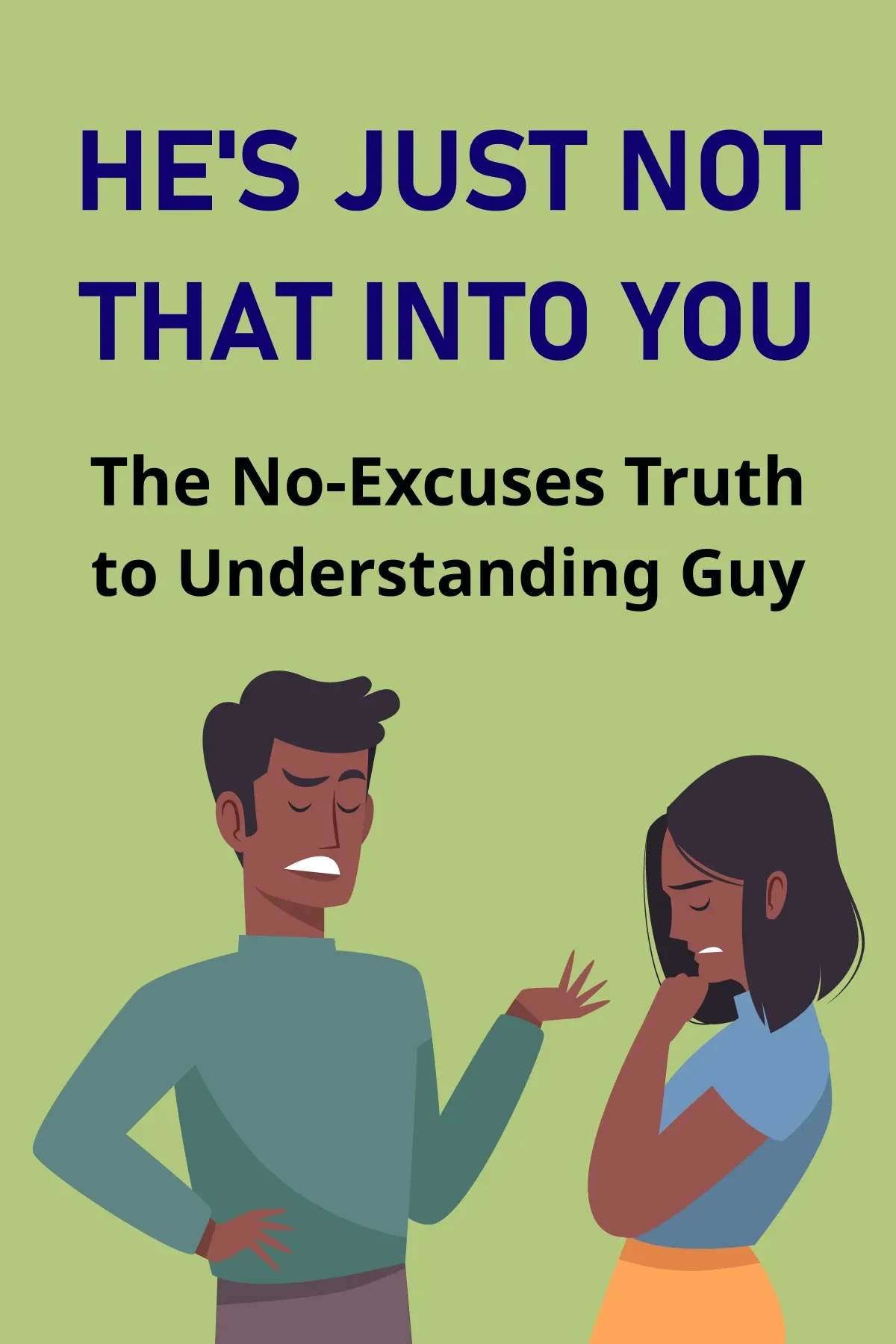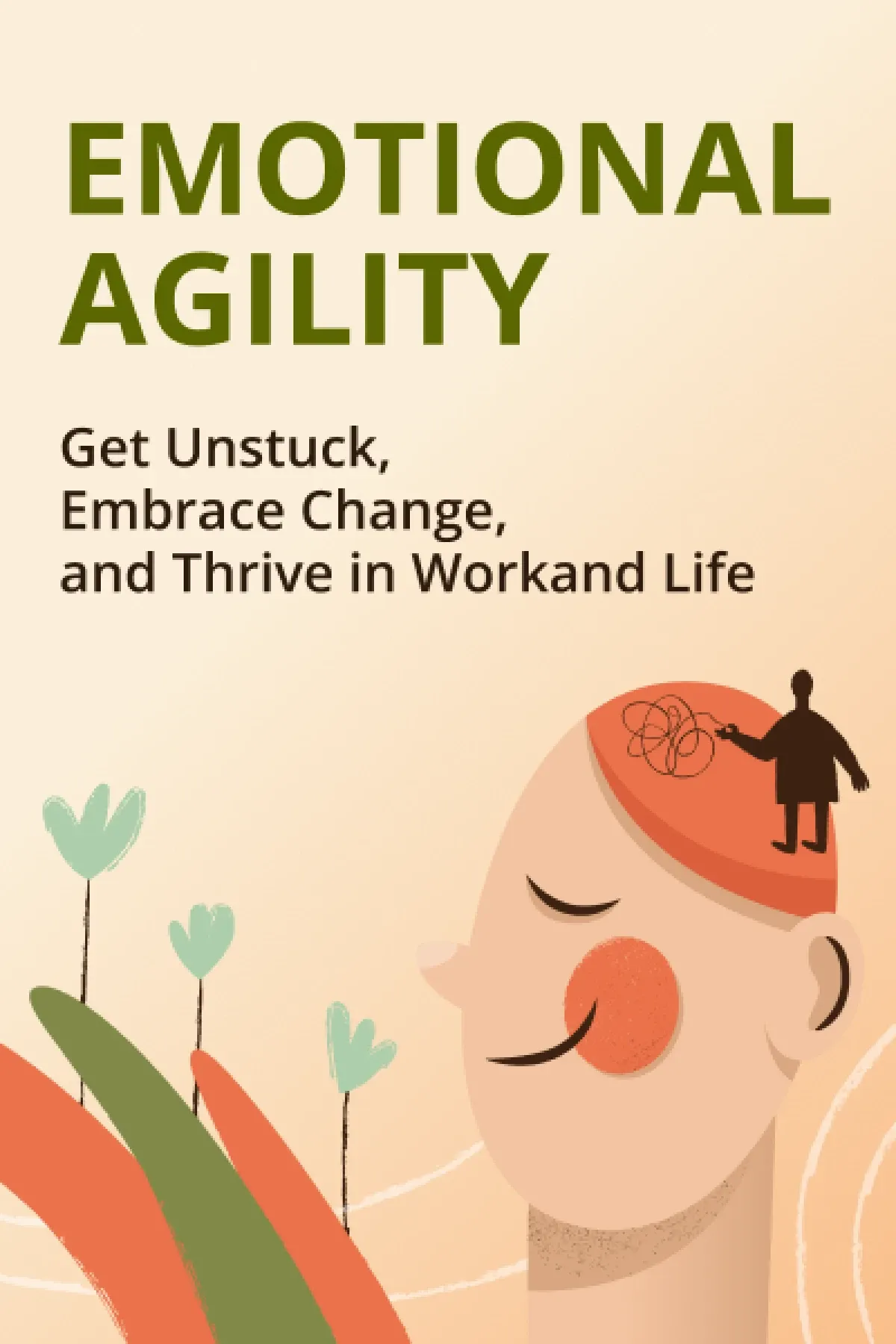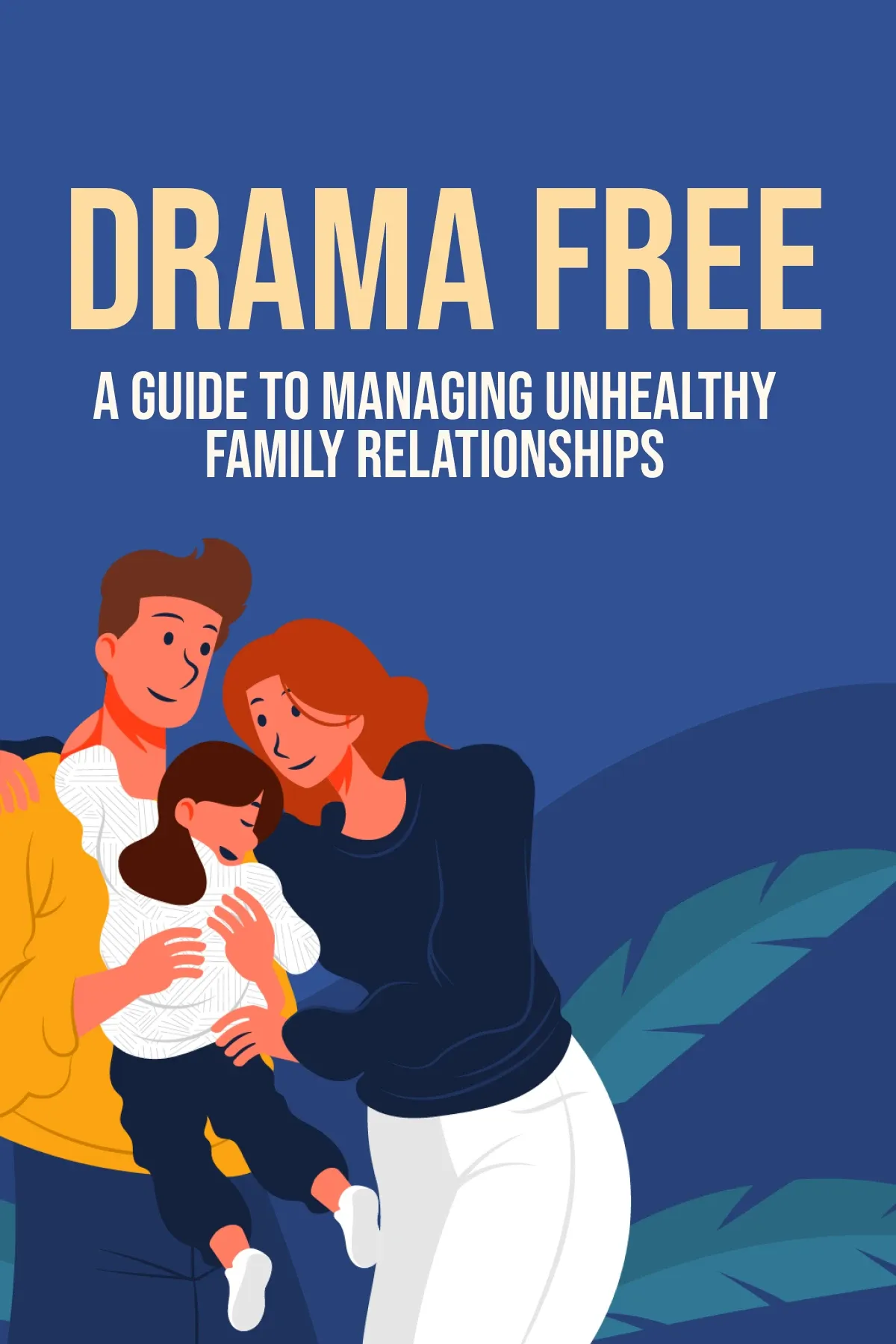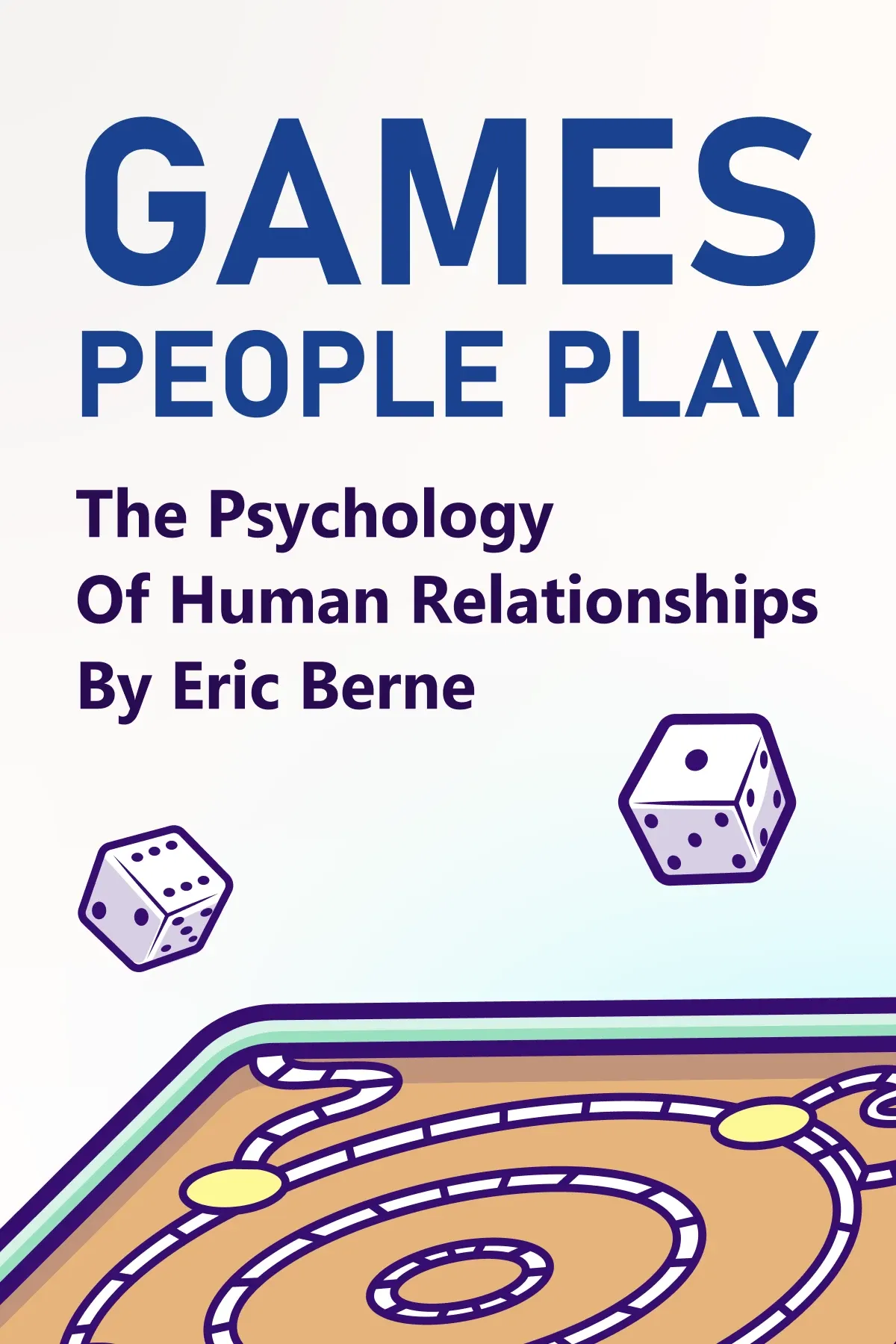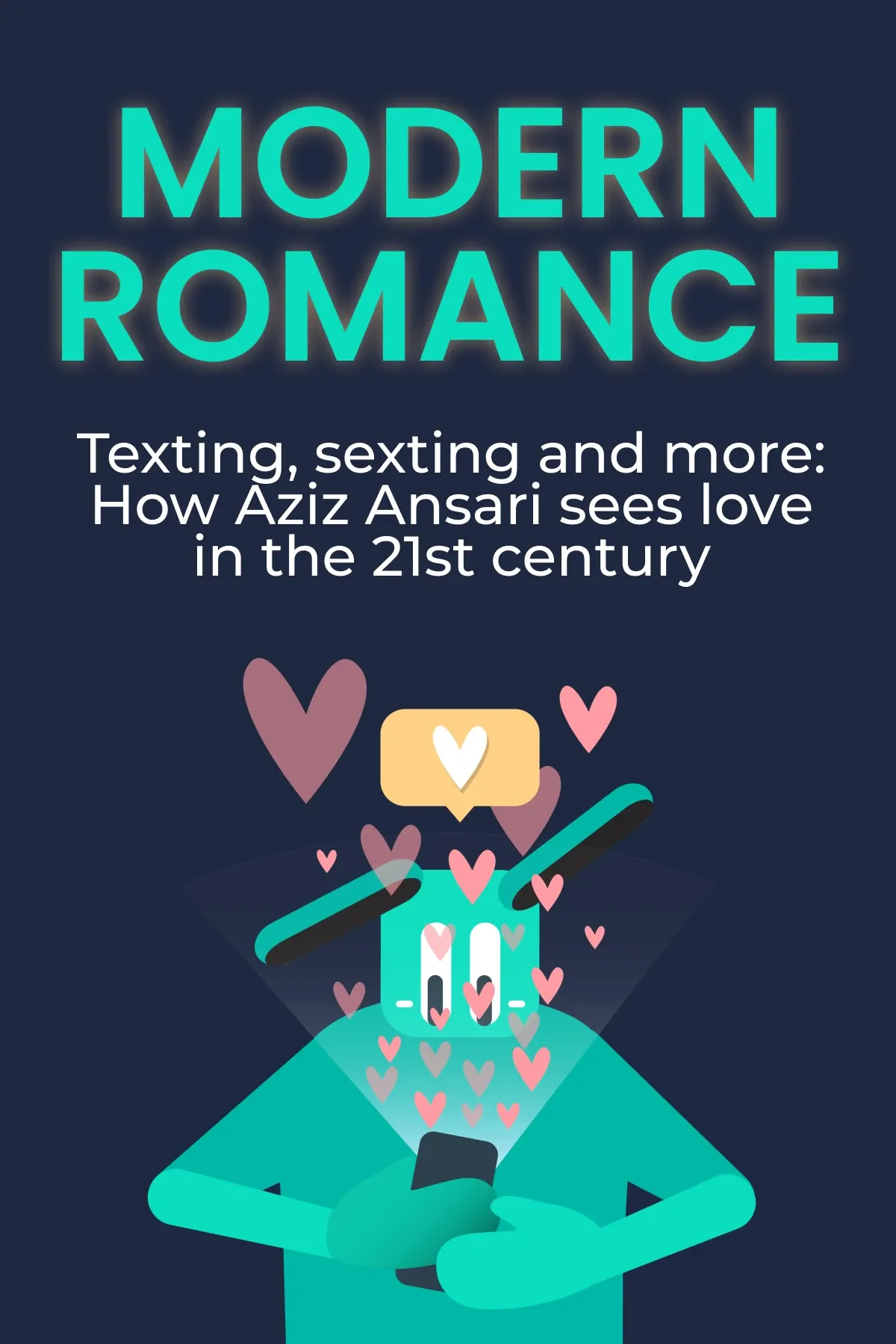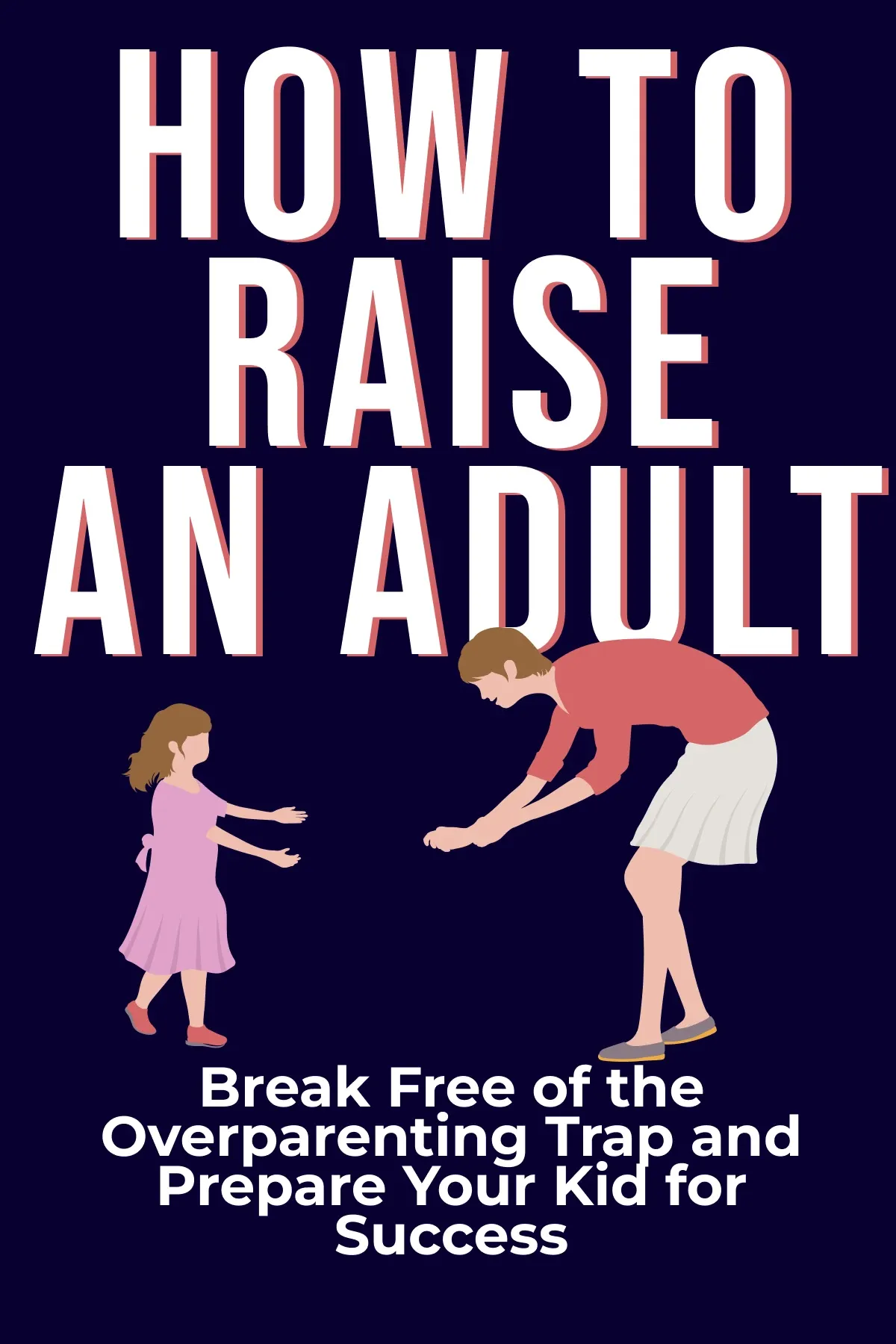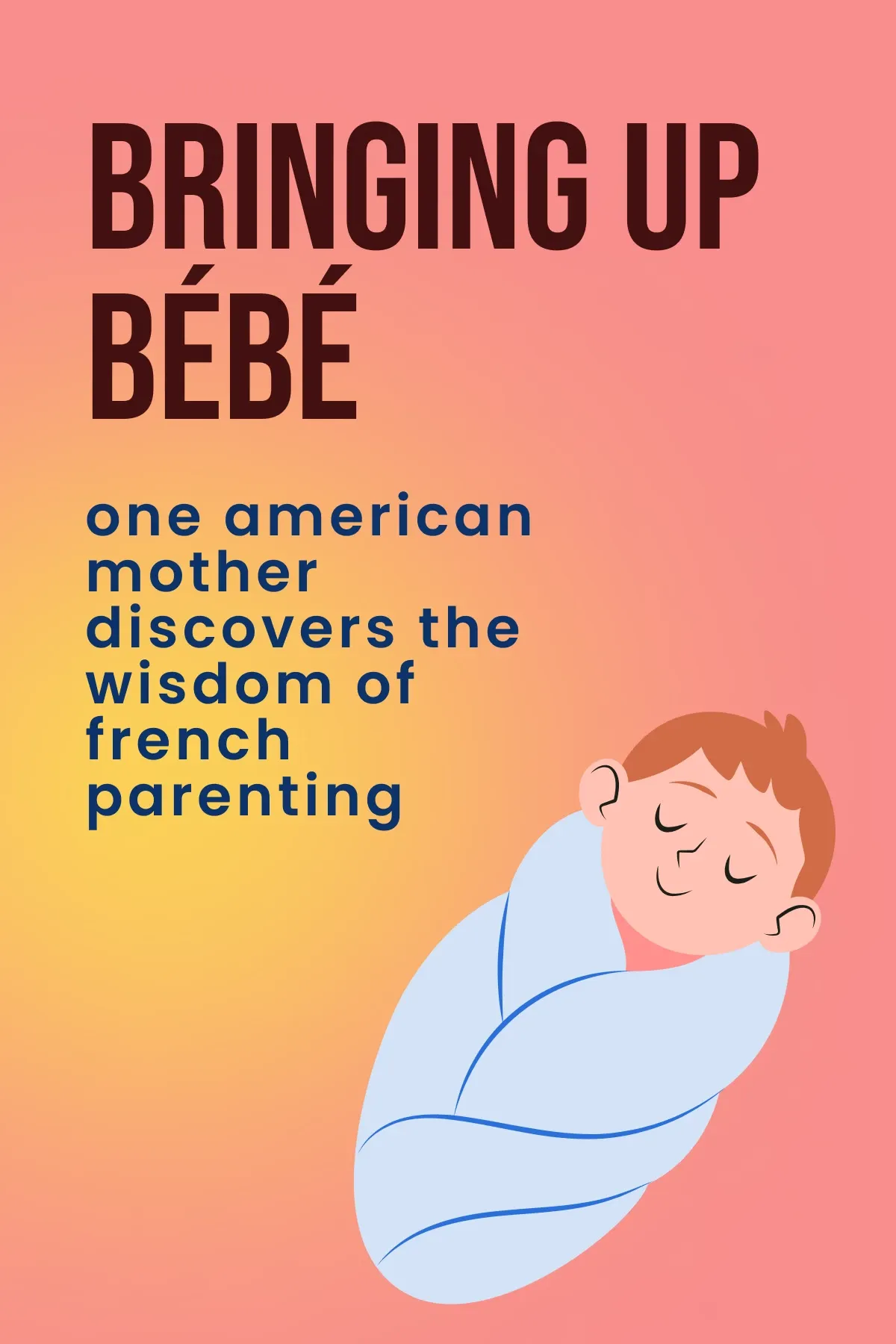
Hold Me Tight
Brief Summary
“Hold Me Tight: Seven Conversations for a Lifetime of Love” by Dr. Sue Johnson is a guide to building and sustaining deep, emotional connections in romantic relationships. Dr. Johnson provides a practical roadmap for couples to understand and strengthen their bond. With a blend of research, real-life examples, and actionable advice, this book offers a look at the tools to maintain lasting relationships.
Key points
Key idea 1 of 9
For centuries, people experienced love in different ways. Even though our society knows and talks about love, we have yet to understand its essence. Some people think love is a beautiful custom, while others consider it a human need to survive.
People who think of love as the way to survive are partially right. The latest studies show that love is crucial for human development. While reproduction can be one of the key elements, love also helps you foster deeper connections. You can feel stability and reassurance from these connections, which are as important as a roof over your head.
Lately, the need for love increased partly due to social separation. Many people feel the lack of close connections as they start working longer and communicate less. Robert Putnam, an American political scientist, supports this idea. In his book “Bowling Alone,” he says that people have worsened “social capital.” This means that we don't get enough support from our close friends, neighbors, and coworkers. We mostly lean on our romantic partners and neglect the bonds with other people.
We tend to think that love is the main purpose of our lives. This happened because pop culture mostly shows love as something extraordinary. Thanks to this image, many people believe that their professional and personal success are less significant. Yet, love can't exist only because we want it to do so.
The way we perceive love is formed by our childhood. A British psychiatrist, John Bowlby, uncovered key insights about creating emotional connections. He found that kids who lack emotional nourishment can feel “emotionally deprived.” His research showed that deep emotional bonds are vital for normal growth. Bowlby’s *attachment theory* sheds light on how our first connections affect our relationships when we grow up.
In the 1970s, Mary Ainsworth expanded Bowlby’s work with her “Strange Situation” study. She showed that children’s reactions to their caregivers reveal different bonding styles. Research by Phil Shaver and Cindy Hazan found that adults show similar attachment behavior. When you feel securely connected in your relationship, you’ll likely be more self-assured, better at coping with problems, and open to expanding your horizons.
FAQ
You may also like these summaries


